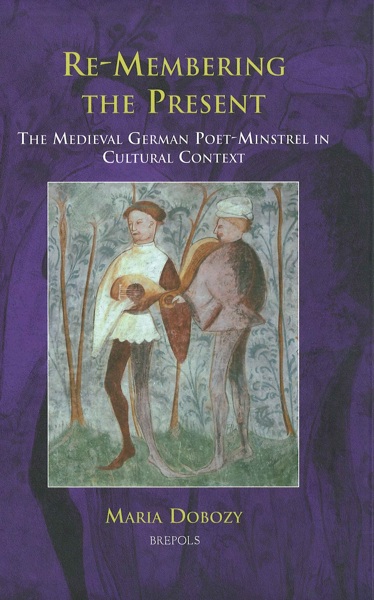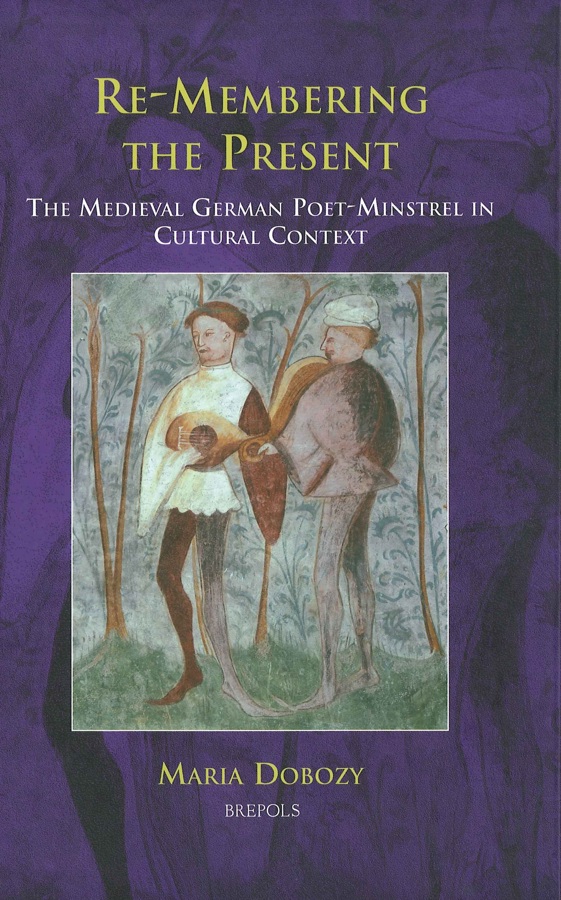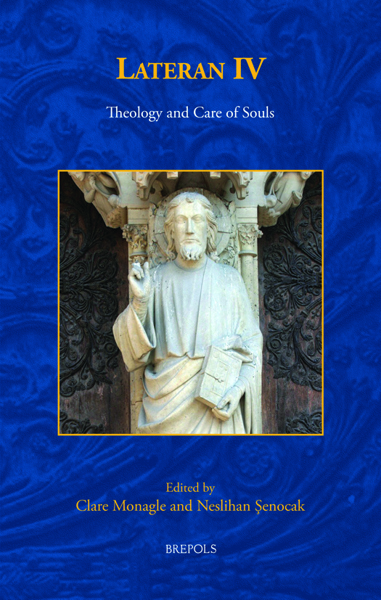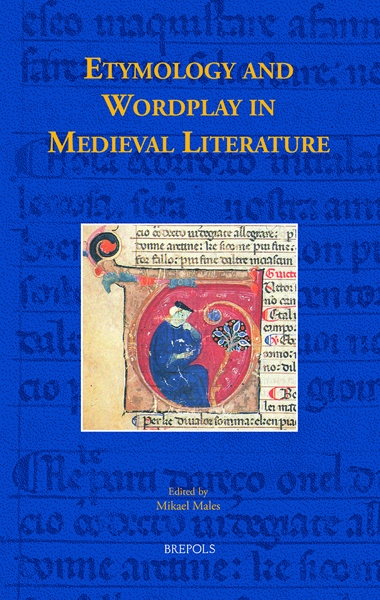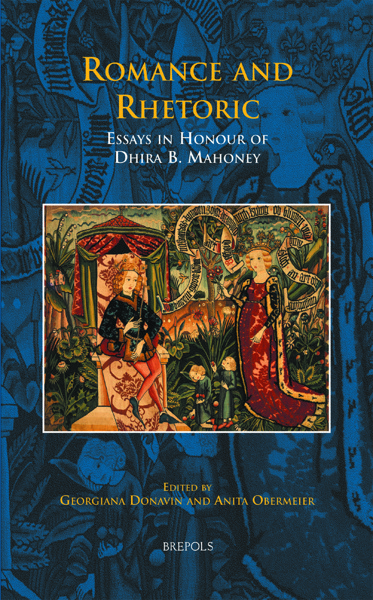
- Pages: 354 p.
- Size:160 x 240 mm
- Illustrations:4 b/w
- Language(s):English
- Publication Year:2005
- € 30,00 EXCL. VAT RETAIL PRICE
- ISBN: 978-2-503-51516-8
- Hardback
- Available
- € 30,00 EXCL. VAT RETAIL PRICE
- ISBN: 978-2-503-55870-7
- E-book
- Available
The itinerant poet-performer presented himself as a moral judge and critic of epoch-making political events - this book investigates his techniques, critiques and the impact of his performances.
"This is a thoughtful and thought-provoking study that breathes fresh life into the fashionable, yet often quite sclerotic, notion of "performance" as a major mode of medieval literary production and reception." ( M. Curschmann in Speculum, October 2006, p. 1181-1183)
"As she offers a new appreciation of the complexity of performers and performance strategies from medieval Germany, Maria Dobozy here takes the modern reader, as yet another "member" of the extended audience, through the multi-layered performance process that was (and remains) integral to understanding medieval literature, not only in Germany but acress Europe. I believe that this study will have implications for scholars in a wide range of fields throughout medieval studies." (A. Sterling-Hellenbrand, in: The Medieval Review, 07.07.17)
This book examines the social and cultural conditions that governed performance art in the German Middle Ages from 1170 to 1400. Poet-performers are central to understanding both literature and performance art because these entertainers, more than any other group, influenced the creation, dissemination, and interpretation of the medieval poetic oeuvre. Performance theory is used as a framework throughout.
Since no social history of poet-performers exists in English, part I presents a social history that re-examines what is known about social status, cultural image and employment. Part II investigates the affective nature of performance and focuses on poet-composer-performers. This study argues that the techniques and principles of performance (body movement, gesture, voice modulation, instrumentation) and the goals of creating a memorable, even electrifying experience for audiences determine the performer's lifestyle and also the thematic and rhetorical strategies of their compositions.
The itinerant poet-performer presented himself as a moral judge and critic of epoch-making political events. His performances transform time, place and people and thus become a socializing process that can change people's attitudes. Poet-minstrels were capable of re-membering the listeners' memories of the past during the intense present of the performance. Readings of several texts are offered, including romances, the political songs of well-known poet-performers (i.e. Walther von der Vogelweide) and the gnomic poets (Spruchdichter) whose songs have been neglected until now. The songs are quite intricate and multivalent as they masterfully display an aesthetic totally integrated with their performative context.
